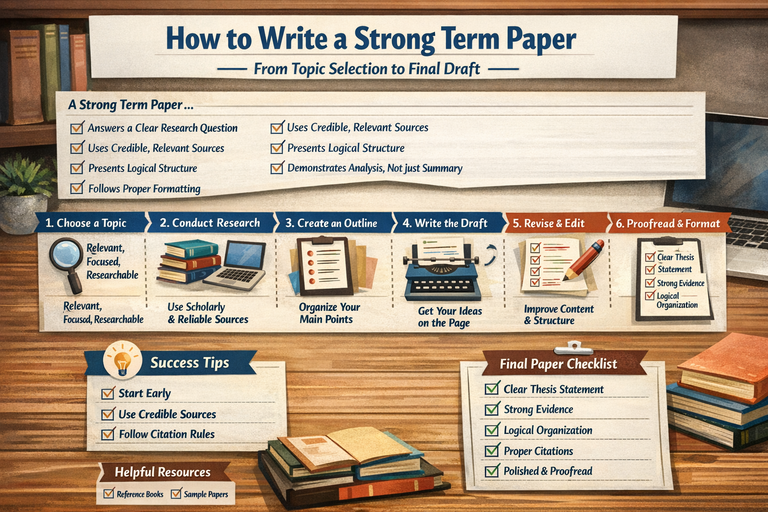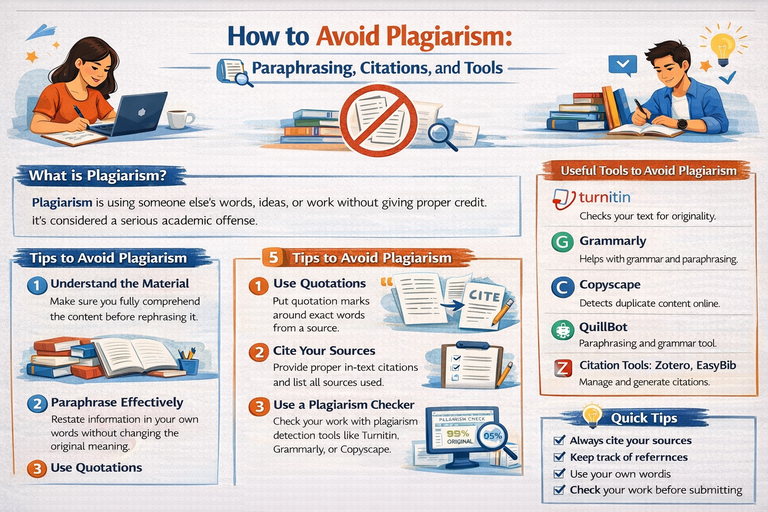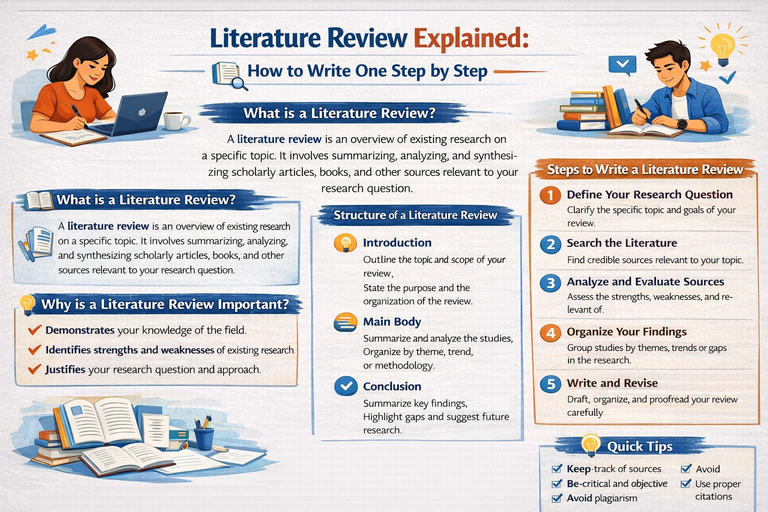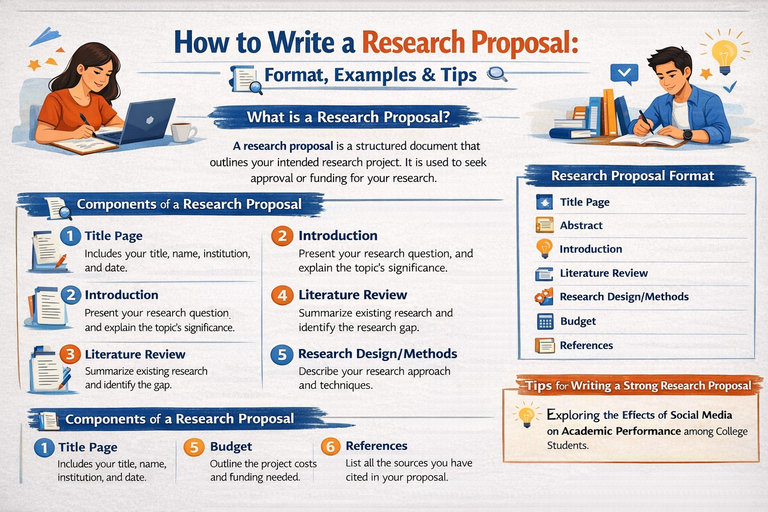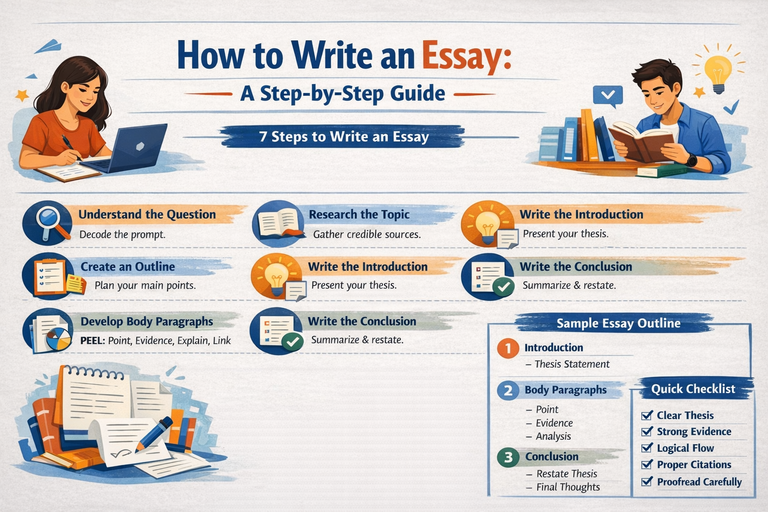How Resume Writing Books Have Evolved with Modern Hiring Trends
For decades, resume writing has been a critical step in the job-seeking process. From the traditional one-page printed resume handed to an employer to today’s keyword-optimized digital versions tailored for Applicant Tracking Systems (ATS), the resume has undergone a massive transformation—and so have the books written to help us master them.
Resume writing books, once filled with rigid templates and dated tips, have evolved to reflect the dynamic, tech-driven, and fast-paced hiring trends of the modern job market. Today’s top resume guides are no longer just about format and grammar—they’re about strategy, branding, and personal storytelling. They teach job seekers how to stand out in a sea of applications and how to align their experience with employer expectations in a world that’s constantly changing.
At Junkybooks, we’ve seen the shift firsthand. Let’s explore how resume writing books have changed over time to meet the demands of both job seekers and hiring professionals in the 21st century.
From Static Templates to Dynamic Branding
In the past, most resume books focused on one-size-fits-all templates. Candidates were taught to list their education, experiences, and skills in a chronological order, keeping the tone formal and the design minimal.
Modern hiring trends have rendered this approach outdated.
Today, resume writing books emphasize personal branding—the unique blend of skills, values, and experiences that make a candidate stand out. Books like The Resume Writing Guide by Lisa McGrimmon and Reinvention Roadmap by Liz Ryan encourage readers to present a strong professional identity rather than simply listing responsibilities. This shift aligns with how hiring managers now evaluate candidates: not only based on what they’ve done, but how well they communicate their value.
Incorporating the Digital Shift
Gone are the days when printed resumes were the only way to apply for jobs. Now, resumes are submitted online, often via platforms that use Applicant Tracking Systems to screen candidates before a human even sees the document.
Modern resume books have adapted by teaching readers how to optimize for these systems. Today’s guides explain keyword strategies, formatting tricks to avoid ATS rejection, and how to match your resume to a job description effectively.
Books like Modernize Your Resume by Wendy Enelow and Louise Kursmark provide up-to-date examples of resumes tailored for digital review. They break down how to write resumes that pass technical filters while still engaging human readers. This dual optimization is a critical trend in resume writing that older books never covered.
Focus on Soft Skills and Emotional Intelligence
Older resume guides were all about hard skills and measurable outcomes. However, the modern workplace values soft skills just as much—sometimes more. Emotional intelligence, adaptability, communication, and leadership are now front and center in hiring decisions.
As a result, recent resume books teach readers how to integrate these traits into their resumes authentically. Whether it’s through powerful accomplishment statements or reflective summaries, the evolution of resume writing includes showing character, not just capability.
Books like Tell Me About Yourself by Holley M. Murchison show readers how to write resumes that reflect personality, emotional insight, and leadership potential. This focus on soft skills mirrors what employers now look for: people who can thrive in diverse teams, manage change, and contribute to a positive work environment.
From Career History to Career Narrative
The shift from listing a job history to crafting a career narrative is another major trend in both hiring and resume writing. A career narrative connects your past experiences with your future goals, giving employers a clearer sense of who you are and what you want.
Resume books today help readers develop a compelling story that flows throughout their resume. They encourage job seekers to connect the dots between roles, show growth, and highlight how past challenges prepared them for future opportunities.
Books like YouMap by Kristin Sherry and The Job Closer by Steve Dalton walk readers through storytelling frameworks, teaching them to build a professional arc that’s engaging, memorable, and authentic. This narrative approach not only improves resumes—it also prepares candidates for interviews, networking, and cover letters.
The Rise of Resume Customization
Previously, many resume guides emphasized creating a “master resume” to send out to multiple employers. Today, that strategy is outdated.
Modern hiring trends demand customization—tailoring your resume to match the specific needs of each role. Hiring managers expect to see that a candidate understands the role and has taken the time to align their experience accordingly.
Contemporary resume writing books now teach how to adapt resumes for each job opportunity. They show how to analyze job descriptions, select the most relevant experiences, and emphasize key results that align with an employer’s goals.
Books like The Pathfinder by Nicholas Lore emphasize the importance of knowing your audience—something that is central to resume customization. This approach increases the chance of getting noticed, especially in competitive industries.
Design and Visual Storytelling
With the rise of creative tools and platforms like Canva, design has become a larger part of resume writing. Especially in industries like marketing, tech, and design, visual resumes that highlight creativity and structure can stand out.
Newer resume books explore visual storytelling—using design to enhance content without compromising readability. They explain how to use color, white space, icons, and infographics to support your message.
While traditionalists may still prefer black-and-white formats, design-forward resumes reflect a candidate’s ability to think creatively and present information effectively. This is especially important in fields that value innovation, UX, or branding.
Remote Work, Freelancing, and Career Pivots
The COVID-19 pandemic accelerated many workplace changes, including the normalization of remote work and the rise of freelancing. Resume writing books have responded by including chapters on how to present remote work experience, freelance projects, and career pivots with confidence.
Books like Recalculating by Lindsey Pollak provide strategies for translating unconventional experiences into professional assets. They encourage readers to show how freelance roles or remote jobs honed time management, self-discipline, and digital communication skills.
This evolution reflects broader changes in how companies think about work and how candidates can best position themselves in flexible or hybrid work environments.
More Than a Resume: Personal Brand Ecosystems
Finally, modern resume books have expanded their scope to include a candidate’s entire online presence. Today’s job seekers need more than a great resume—they need LinkedIn profiles, digital portfolios, and professional bios that reinforce a consistent message.
Many books now include dedicated sections on LinkedIn optimization, email outreach, and personal websites. They emphasize that your resume is just one touchpoint in a larger brand ecosystem that hiring managers may explore before making a decision.
Books like The 2-Hour Job Search by Steve Dalton and The New Rules of Work by Alexandra Cavoulacos and Kathryn Minshew stress the importance of coherence across all job-seeking materials. They reflect the trend that candidates are evaluated holistically—not just on a piece of paper, but across platforms and contexts.
Final Thoughts
The evolution of resume writing books reflects broader shifts in how we work, hire, and present ourselves professionally. In the past, resumes were static, transactional documents. Today, they are living expressions of our skills, values, and aspirations.
The best modern resume guides don’t just give you templates—they teach you how to tell your story, connect with employers, and create a job-seeking strategy that adapts to changing markets. They help you move beyond the basics and into the realm of personal branding, storytelling, and digital presence.
At Junkybooks, we believe that a resume should be more than a summary—it should be a conversation starter, a confidence booster, and a bridge to the next chapter in your career. Whether you're just starting out or navigating a major career pivot, the right resume writing book can make all the difference.
Looking to take your resume to the next level? Start with books that match today’s hiring trends—and watch your job search transform.


